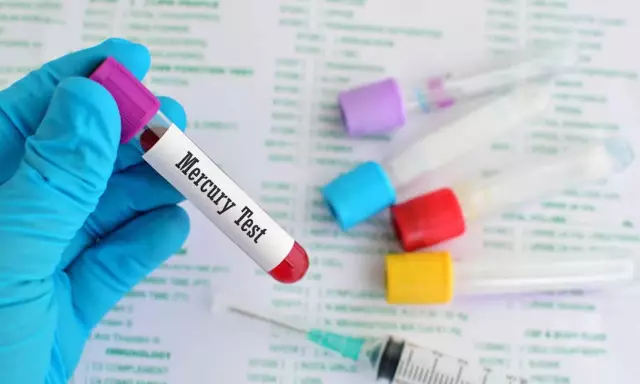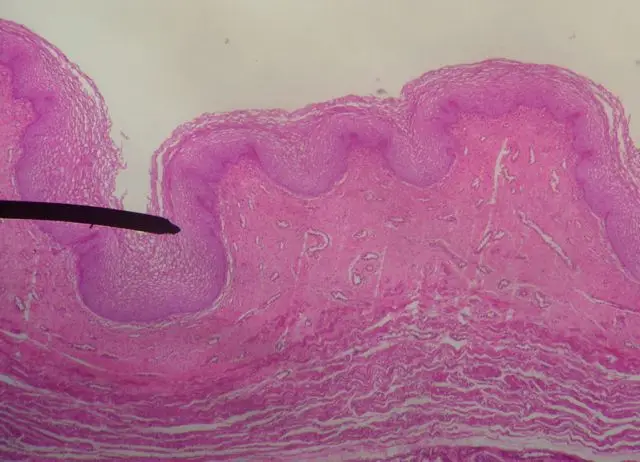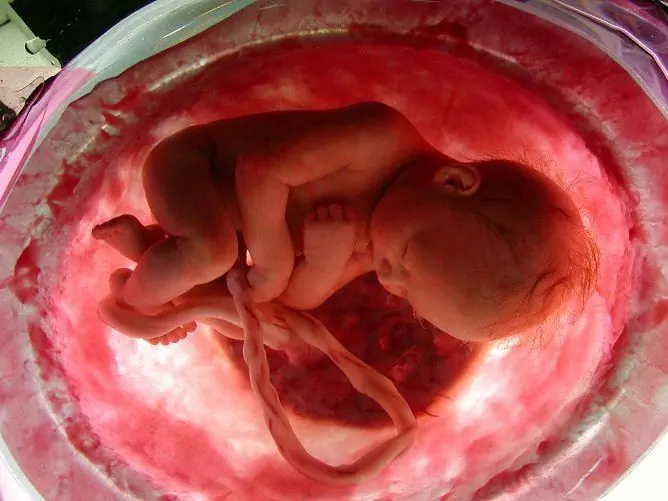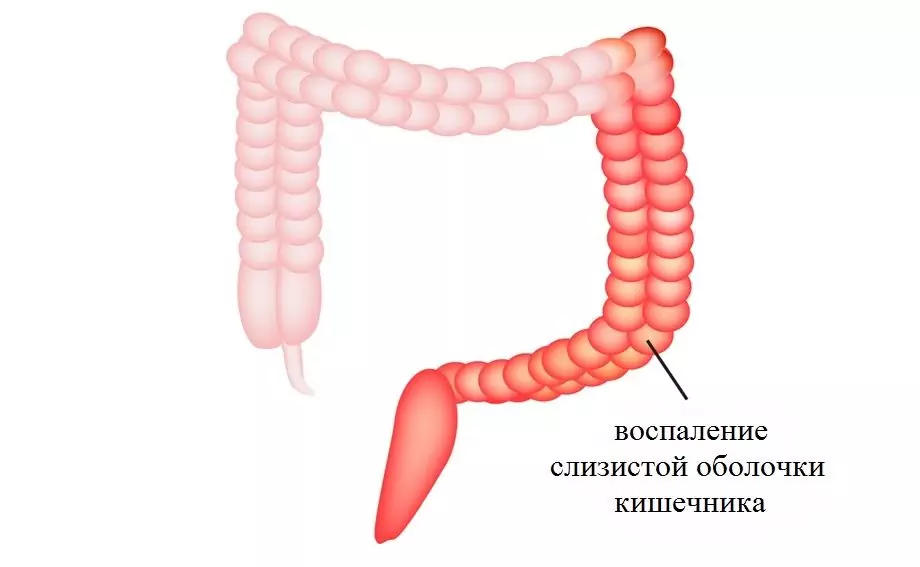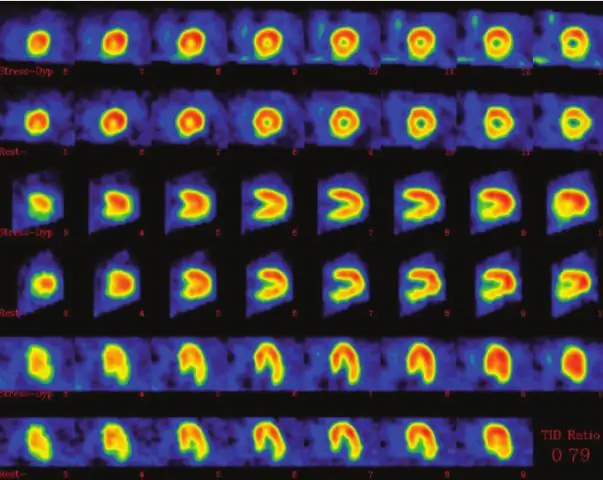- Author Rachel Wainwright wainwright@abchealthonline.com.
- Public 2023-12-15 07:39.
- Last modified 2025-11-02 20:14.
Poisoning during pregnancy

When something happens to a pregnant woman, everyone around her is close to panic. Their condition is quite understandable: not one, but two lives are at stake. In fact, poisoning during pregnancy is no different from the usual, outside of this state. The first aid tactics are the same, although there are some peculiarities.
Causes of poisoning during pregnancy
The causes of poisoning during pregnancy are exactly the same as in all people. Women carrying a child do not sit under a hood in sterile conditions, they just like everyone else work, communicate with people, and have lunch in public places. The causes of dangerous poisoning during pregnancy can be:
- Industrial chemicals;
- Household chemical elements;
- Gases;
- Medicines;
- Poisonous substances taken internally by mistake.
Foods constitute a separate group of causes of poisoning during pregnancy, both in the early and late stages.
Industrial chemicals include heavy metal ions: lead, copper, zinc. They are found in production, in a printing house, in processing plants, processing plants. Industrial and household paints for repair work have a toxic effect; nitroenamel plays a special role in poisoning during pregnancy.
Household chemicals: rust removers, solvents containing ethylene oxides.
Gas isn't just propane, which is used to cook food. Carbon monoxide is not sensed by the senses, but it is deadly. Air suspension of various liquids is harmful. These are gasoline fumes, which also lead to poisoning of the body. Fumes from rubber products, including children's toys, are no less dangerous. Fumes in phenolic homes lead to slow poisoning. If men and even children do not feel anything for several months, then several weeks are enough for poisoning during pregnancy.
Important! The critical concentration of toxic substances for a pregnant woman is much lower than for other people. Therefore, it should be protected from any contact with potentially hazardous substances.
Drug poisoning during pregnancy can occur from the most harmless drugs. The reaction of the same woman who took the pill earlier after conception may be completely different. Therefore, in Western countries in the first trimester, no medications, including vitamins, are recommended. The number of additives to the latter is so high that it is not possible to calculate which component will cause poisoning during pregnancy.
Poisonous substances that an adult can ingest through negligence or by mistake are usually limited to household poisons from rodents and insects. A pregnant woman, of course, does not eat or drink them. They penetrate through the skin, being absorbed through them into the blood.
Food poisoning during pregnancy
The most common cause of food poisoning during pregnancy is expired, substandard foods that should be looked out for. The rest of the people, perhaps, they will not harm, but not in this position. The group of dangerous products includes:
- Homemade pickles, especially mushrooms. Moreover, not necessarily poisonous. Pickled cucumbers and tomatoes in violation of the recipe are no less dangerous than pale toadstools;
- Sausages: both raw and smoked, especially raw smoked. High risk of botulism;
- Fermented milk products. Basically, mayonnaise, because in smell and taste it is the same, that is fresh, that is expired. Food chemistry has gone so far, which, by the way, is not recommended for pregnant women, even by manufacturers;
- Undercooked or fried, especially raw eggs.
- Potentially dangerous exotic vegetables and fruits, which are brought from afar, occupy a separate place in poisoning during pregnancy. The reaction to them can be unpredictable, because our people do not know how they taste. Maybe not rotten, but always so sour? Or is it not mold, but some kind of special cover like coconut flakes?
How to recognize poisoning during pregnancy
This disorder, whether food grade or industrial, has the same symptoms. Signs of poisoning during pregnancy, according to which you can diagnose yourself:
- Diarrhea accompanied by a pungent odor;
- Vomiting with little relief;
- Unexplained fatigue, in which it is impossible to walk or stand, but only wants to lie down;
- Headache and fever;
- Visual impairment in botulism - a pregnant woman cannot read the text of the newspaper: the letters blur and "dance" before her eyes;
- Chill with cold sweat.
What is the danger of poisoning during pregnancy
In the absence of an immediate threat to the mother's life, any poisoning during pregnancy is dangerous to the fetus and can lead to miscarriage at any time.
General intoxication leads to dehydration of the body. With feces and vomit, a significant amount of minerals necessary for the life of the fetus is excreted. Thickening of blood with loss of fluid leads to a decrease in its circulation in the system: mother-fetus. In response to this, oxytocin is immediately produced, which has not only an antidiuretic effect, but also stimulates uterine contractions.
Poisoning during pregnancy: what to do
First, and most importantly, you need to call an ambulance. An independent trip to the clinic in case of poisoning during pregnancy is difficult, in addition, it is dangerous to health. Before the arrival of doctors, you need to do a gastric lavage. To do this, it is recommended to dilute a weak solution of potassium permanganate, drink it, and then press your fingers on the root of the tongue, causing vomiting. After the first emptying of the stomach, the procedure should be repeated until the vomit no longer contains food impurities.
Important! With the onset or continuing uterine bleeding, gastric lavage is strictly contraindicated, as well as for pain in the lower abdomen.
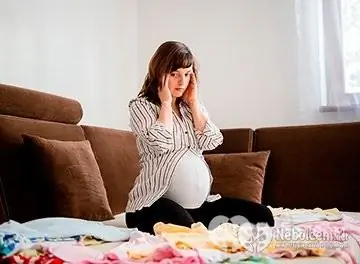
An important event is the intake of sorbents that absorb toxic substances. The most common of these is activated carbon. You need to take it in large quantities: one, two or three packs. It is unpleasant and not tasty, but if poisoning occurs during pregnancy, what to do and how to act differently?
After the charcoal is consumed, a significant amount of liquid must be taken. Its quality does not really matter, the main thing is that there is no sour juice or kefir at hand.
After providing first aid, or self-help, in any case, you should inform the doctor of the antenatal clinic about the poisoning, who will conduct the necessary research and give further recommendations on carrying a pregnancy.
Found a mistake in the text? Select it and press Ctrl + Enter.

